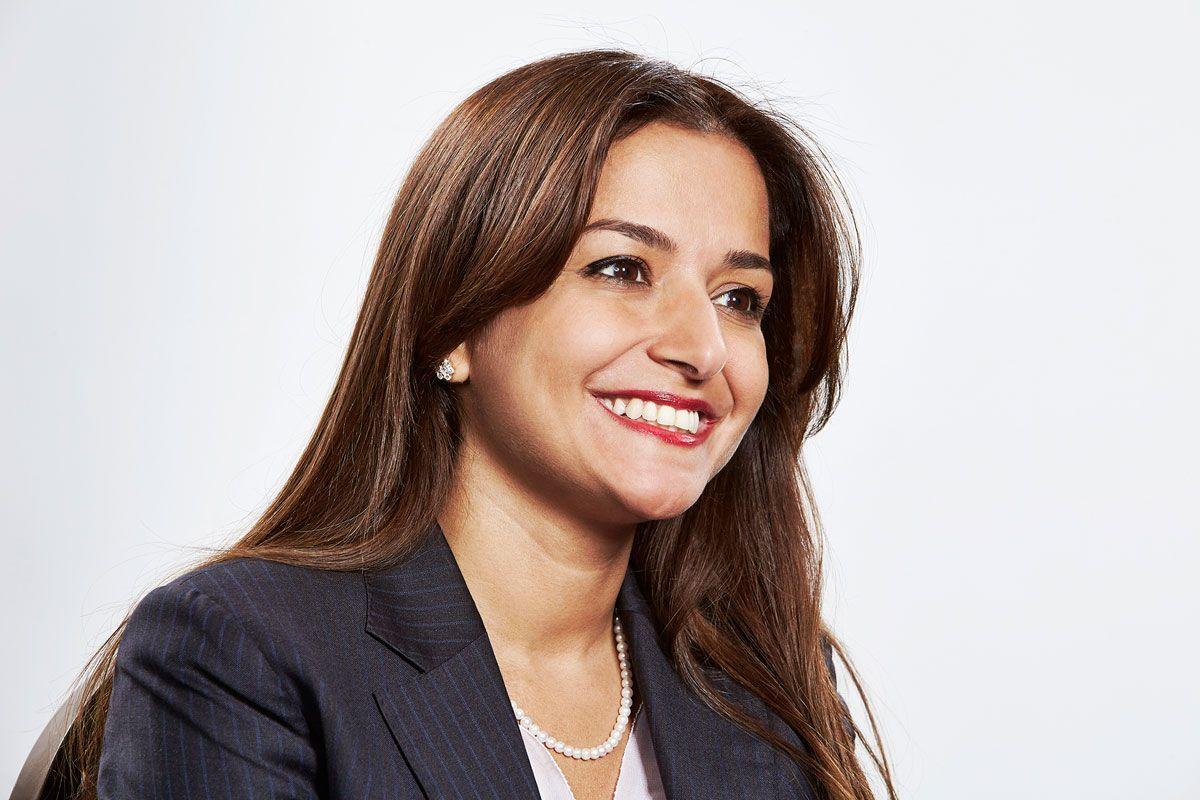For more than a decade, Huda Al Lawati, partner and chief investment officer for the MENA region at Abraaj Capital, has played an important role in the group’s development and growth.
She believes MENA’s start-up scene has improved in awareness and international recognition.
“2015 saw a number of start-up fund launches targeting the region, most recently 500 Startups announced a $30 million commitment for the region,” she says.
“Platforms supporting the entrepreneurial community have mushroomed, most notably Wamda, which is now also investing through a dedicated fund. Importantly, success stories made headlines which go a long way towards cementing the space as investable and profitable.
“We led a $60 million funding round for UAE-based Careem; while Rocket Internet bought Kuwait-based Talabat.com this year for $170 million.
“On the negative side, we still have not seen development in the legal framework that promotes active participation. A proper bankruptcy law and reliable limited liability structures are imperative to catalyse innovation and entrepreneurship.
“The UAE is likely to lead in this area. I hope to see that soon.
“It’s particularly relevant in the context of the slowdown which we are witnessing. Entrepreneurs excel because they believe in their ideas, take risks against all odds and are able to overcome fear of failure.
“Our debt imprisonment laws have created a barrier that businessmen and women in developed markets do not have to worry about – a jail sentence if you fail.
“Limited liability is at the heart of the capitalist system and a prerequisite for driving innovation. We need laws and a working environment that respect this concept.”
That being said, Al Lawati is swift to praise the role of the regional governments in supporting entrepreneurs, citing Badir Incubator for Information and Communication Technology in Saudi Arabia, and QBIC in Qatar.
She adds that the region’s investment landscape is encouraging, but that more needs to be done in certain sectors.
“Angel networks, incubators, VC funds and growth capital funds are all growing, meaning investments now have a variety of funding pools to target at the different stages of growth,” she says.
“Attention is on tech start-ups [but] the reality is that our region, with 300 million people, most of whom are young, is still underserved in terms of traditional goods and services including healthcare, education, and others.
“I find that the start-up and very early stage investments in this area continue to be neglected with PE funds looking for scale and operational track record and start-up/ VC funding focused on the new digital economy. Similarly, the debt markets are closed to many of these businesses in the absence of family backing in the form of personal guarantees or access to real assets for collateral.”
Speaking about hurdles for regional entrepreneurs in 2016, Al Lawati says: “The major obstacles will always be track record and teams. Teams that demonstrate combined expertise across relevant areas and well networked groups have an advantage.
“Assemble teams with complementary skills. Focus on the product and the service instead of letting transaction hype and valuation noise drive your objectives. Seek advice and mentorship. Engage with your community.”









